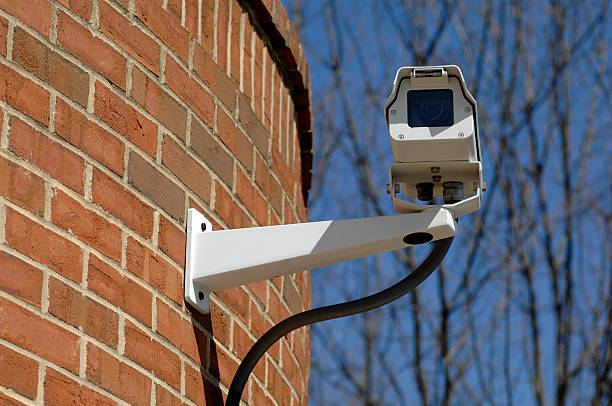In the era of modern science, everyone might think they want everything smart with all the bells and whistles inclined. When it comes to security cameras, you might be thinking you need IP technology all the time, all day, for everything. Today’s digital security cameras are light years ahead of older CCTV analog models.
Maybe you do require advanced characteristics for some things, but is smart everything really important? Is there still any value in older Analog security technology? Let’s compare.
You might think of an Analog Camera as just an eye, it’s taking in graphics but that’s about it. For this eye or camera to be helpful, it has to be connected to something else. In this situation it’s going to be a DVR recorder that acts as the brain. So, the eye or analog camera, is taking in the graphics and sends it back to the recorder, the brain, through a cable.
If an analog camera is an eye that requires to be connected to a brain, you can think of an IP camera as an eye WITH a brain all in one. This means that your IP camera isn’t just taking in visual images, it’s capable to process that data and sending it back to your recorder as digital signals through a Cat5e or Cat6 Ethernet cable. IP cameras use technology that transfers the video signal through the cloud. IP Camera Systems are extensible, you won’t run out of server space because the information is stored in the cloud. They let you approach video images through a web browser on any digital device. They can operate with Solar panels and a battery backup.
It’s all going to rely on your specific security requirements. There are pros and cons to both types of cameras, but relying on your requirements, there will be a great solution for you. Both types of cameras are going to work for basic HD security requirements. Something to acknowledge when making your opinion is to look at existing cabling. If you’re already wired for an analog set-up, sticking with that and improving to higher resolution cameras is probably the way to go. Not to mention, most modern DVRs also have the capability to take one or more IP camera inputs, giving you the flexibility to add unique technology to your system without upgrading the whole thing at once.
You also need to think about what characteristic you’re actually going to use. Decide by yourself if you just need elementary motion detection, or if you require something more advanced that can record specifics. The last thing you can think about is if you’re planning to set up your system by yourself, or if you’re going to have it installed for you. Analog setups are going to originally be more in extent, and will perhaps need professional installation. Whichever type of camera you choose, make sure you acknowledge all of these things to make sure it’s the right choice for you.


